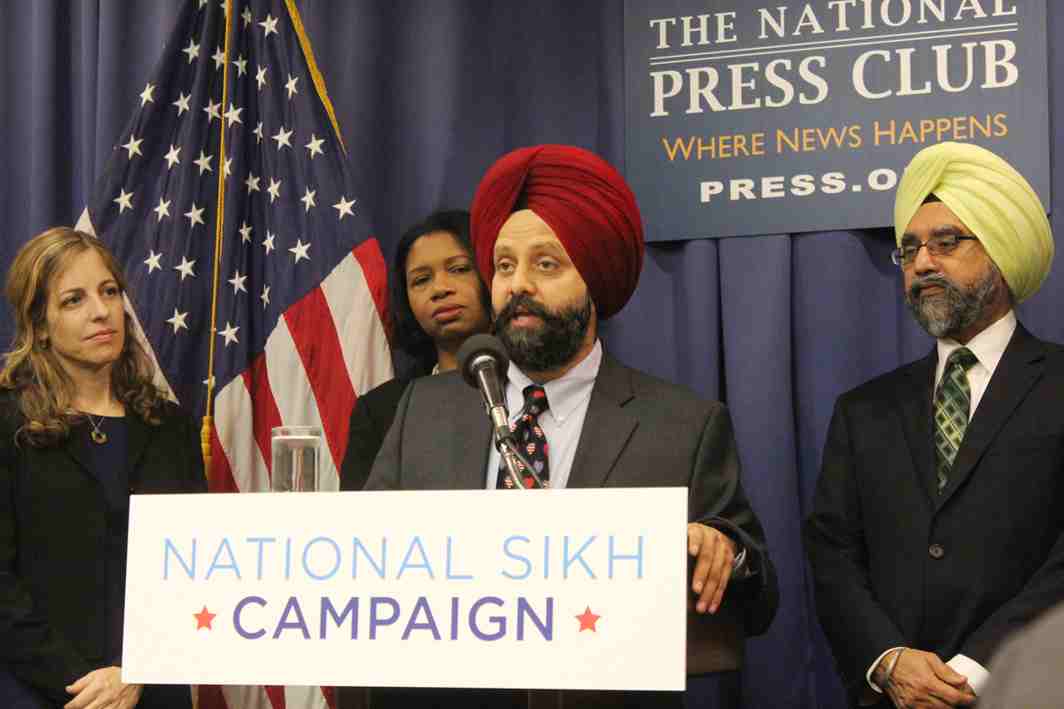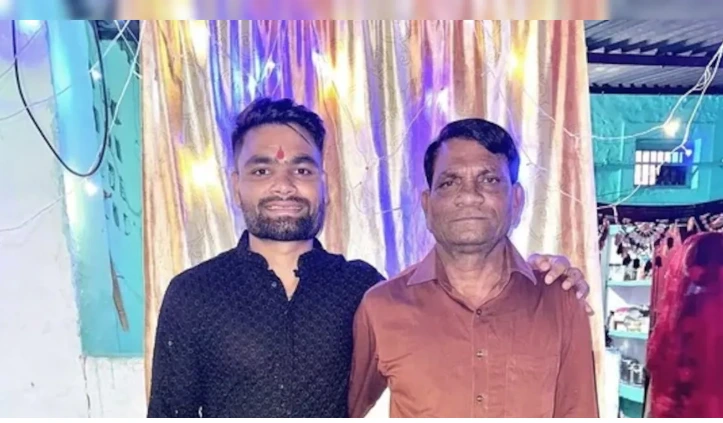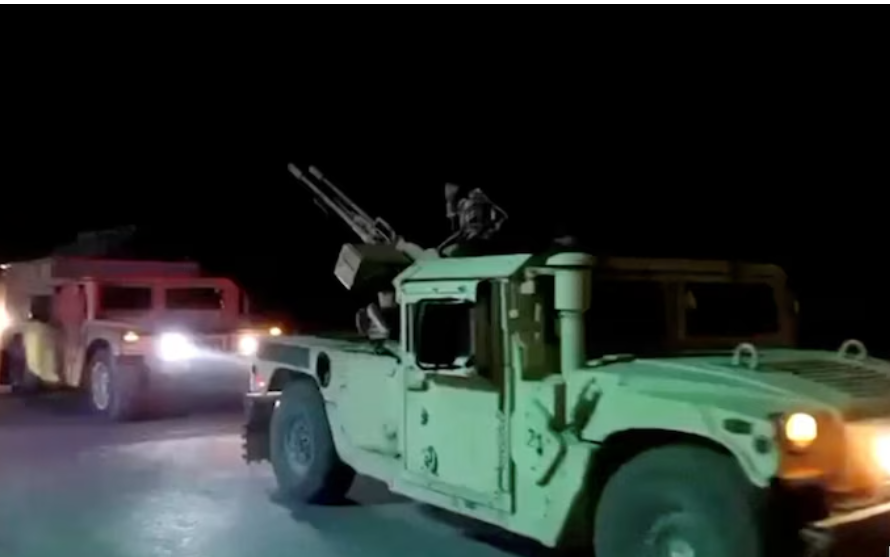National Sikh Campaign says that despite the many contributions by Sikh-Americans, 60 per cent of Americans admitted they knew nothing about the community and 66% of Americans have never interacted with a Sikh before.
Feeling victimised and often the target of hate crimes in USA, American Sikhs today launched a nationwide million-dollar campaign to spread awareness and address the “collective misunderstanding” over the minority community amid a spike in hate crimes against them in the country.
Sikhs look distinctly different with their turban and full beard. To many Americans, they look the same as Islamists and post-9/11, some white US citizens treat them all as supporters of terrorism if not actually being terrorists.
A widely reported incident of such hate crime was that in May, when some white men brutally assaulted an IT specialist Maan Singh Khalsa, cutting off his hair and nearly snipping off the little finger of his right hand – all because of his appearance.
Last weekend, several eminent Sikh-Americans from across the US, lawmakers, government officials and local leaders participated in prayers weekend to mark fifth anniversary of a mass shooting by a white supremacist that claimed the lives of six Sikhs at a Gurdwara in the Wisconsin city.
On Wednesday, a month-long ‘We are Sikhs’ campaign was launched by the National Sikh Campaign (NSC), a non-profit organisation, to coincide with the Sikh festival of Vaisakhi.
It is a massive initiative to spread awareness of the Sikh religion and Sikh-Americans throughout the US as over 65% of Americans are ignorant about Sikhism.
A report in Los Angeles Times in June cited Sikh community leaders as saying they’ve seen another uptick since the 2016 presidential election and the Trump administration’s proposed immigration and travel bans. Those proposals, they argue, are fuelling an intensified xenophobia.
The FBI began collecting data on anti-Sikh, anti-Arab and anti-Hindu hate crimes for the first time in 2015. Only six of the incidents in the most recent FBI report were anti-Sikh hate crimes, but the bureau said it takes years to get an accurate accounting.
According to Sikh advocacy groups, such incidents are under-reported and do not include other hate-filled attacks, such as discrimination or hate speech — a concern buoyed by law enforcement data. Many cities either did not report hate crimes or reported zero hate crimes, according to the FBI report.
While some of the violence against Sikhs stems from misconceptions about their background — attackers assume they are Muslim or Middle Eastern — experts say much of it is fuelled by a prejudiced response to their darker skin, beards or turbans, the LA Times report said. It recalled that earlier this year, two Sikhs and two other Indian men were shot in attacks in Kansas, Washington and South Carolina. In two of the incidents, authorities said the shooters expressed a variation of the same sentiment: Go back to your country.
Community members are working to strike a balance in its efforts to educate the public about Sikhism — aiming to differentiate themselves through awareness campaigns and local outreach without appearing to condone attacks on Muslims and other minorities.
The NSC’s ‘We are Sikhs’ campaign is a “national effort to help inform our fellow Americans about who we are and why we are proud to wear the turban, a symbol of our community’s commitment to equality and serving others,” co-founder and senior advisor of the National Sikh Campaign Rajwant Singh said.
“Sikh-Americans are pillars of their communities in every corner of our nation and we must work to proactively meet and connect with our neighbours,” he said.
The campaign would involve marketing and public relation efforts that will focus on increasing the Sikh-American community’s presence in national and local news outlets, online platforms and neighbourhoods. It will utilise national and local television and cable and digital advertisements, social media and community events to affect change.
Its organisers said the Sikh community has been the target of discrimination, intimidation, harassment and hate crimes since the 9/11 terror attacks largely because of a “collective misunderstanding” of what the turban means in the Sikh faith.
“Sikh values are American values, and Sikh-Americans have been making positive and significant contributions to American life for more than a century. We run local businesses and sing our national anthem with pride,” Gurwin Singh Ahuja, co- founder and executive director of the NSC said.
“The American dream is fundamental to our identity here in America, and we believe deeply in the freedom to pursue one’s own success through hard work,” Ahuja said.
Elaborating on the campaign, Singh had told PTI this week that the “seven-figure” targeted ad campaign will run on cable TV networks like CNN and Fox as well as on local TV stations and will have a heavy presence on social media.
There will be 40-50 spots on CNN and other networks and will be shown in morning and prime time bulletins, circulating throughout the day. The campaign will run for a month throughout the nation.
“We have brought a very scientific and targeted messaging element to the campaign. Our focus is to build a proactive and positive message and try to educate and inform Americans about the positive contributions the Sikhs have been making in America,” Singh said.
For the campaign, the organisers have roped in prominent marketing experts and firms, which have in the past done presidential-style campaigns for former presidents Barack Obama and George Bush.
The campaign has been tested over a period of time and through polls and focus groups, the organisers narrowed in on what message would move the public opinion.
NSC, however, said that despite the many contributions by Sikh-Americans, 60 per cent of Americans admitted they knew nothing about the community and 66% of Americans have never interacted with a Sikh before.
While this lack of awareness and interaction exists, the NSC said it believes there is enormous potential to enhance positive feelings and familiarity towards Sikh-Americans through the campaign.













